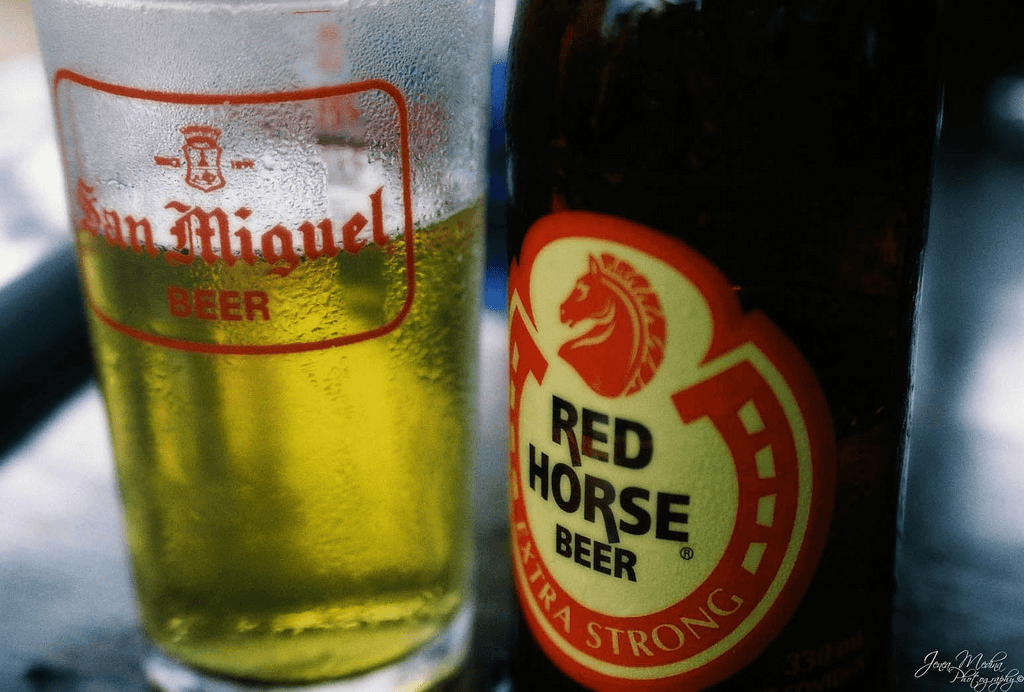We’re all familiar with stress and the potential effects it may have on our minds and bodies. Stress can be caused by numerous factors including fatigue, depression, and fear. The effects vary in levels of intensity but often involve unusual weight changes, headaches, and irritability. Many stress-reducing techniques, such as exercise, meditation, and yoga are available to help prevent or minimize these effects. While it has been known that stressed individuals are more likely to seek out alcohol as a form of coping strategy, the reasons as to why they may do so is unclear. Fortunately, a recent study may have provided scientific evidence linking stress to increased alcohol consumption.
Image Source: theasis
Researchers from Penn Med have found that rats undergoing stress experienced changes to their brain circuitry that caused them to consume more alcohol. The study involved two sets of rats: one set was exposed to stress while the other was not. The researchers then offered the rats alcohol in the form of sugar water and ethanol. The results were that the stressed rats drank significantly more of the alcoholic drink than the unstressed rats. Upon analyzing the brain and neuronal activities of these rats, the researchers found that the dopamine neurons of the stressed rats were weakened in terms of their production of dopamine, a neurotransmitter that contributes to feelings of pleasure as well as addiction. As a result, when the rats consumed alcohol, the normal alcohol-induced excitation of dopamine neurons was altered to a noticeable extent, causing stressed rats to drink more alcohol in order to achieve the same level of satisfaction as they would have had their dopamine neurons been unchanged by stress.
The researchers believe that the results of their study may be useful for people with post traumatic stress disorder, or PTSD. They found that introducing CLP290, which reverses changes to brain circuitry, to rats was able to restore the functionality of their dopamine neurons. When subject to the same tests, these CLP290-treated rats were found to consume less alcohol than stressed rats that weren’t introduced to the therapeutic chemical. As a result, a similar strategy may work to reduce alcoholism in people with PTSD.
Feature Image Source: Jenea Medina










